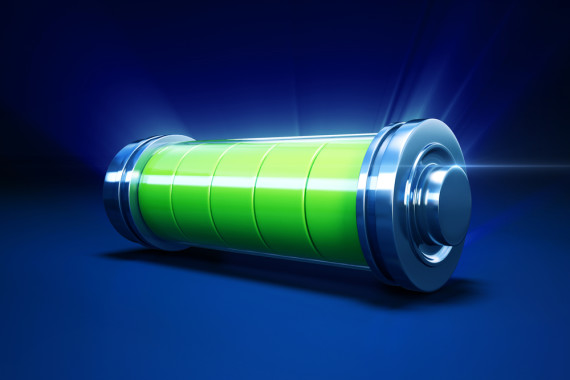Known for artsy watches, it may seem strange that Swatch is considering a move into the electric vehicle battery game, until you start to dig into the details. Swatch has been making batteries for watches for years, so the connection to the technology makes sense, but it’s the specific battery chemistry that is key to its recent actions. To understand the moves being made today, we need to first look at the history of Swatch challenging the status quo, as can be seen in its bold watch designs and more relevantly in its previous attempt to enter the electric vehicle market way back in the 80s and 90s.
The timing back then just wasn’t quite right and really fell off the table when the whole deal took an awkward left turn after Swatch signed a contract with Daimler-Benz AG and created the smart car. Swatch was paired with Mercedes, which came out of the partnership with a 51 to 49 percent controlling interest in smart and took the brand in a different direction without much input from Swatch. Interesting fact of the day — “smart†is actually an amalgamation of the “s†from Swatch, “m†from Mercedes, and “art†representing the experimental, creative spirit of the new brand, which can still be seen in smart cars today even though the brand has since been fully integrated into Mercedes, which bought out Swatch’s remaining interest years ago.
Dialing the watch forward a few decades to 2015 and it’s clear from a recent Electric Cars Forum article (in Spanish) that Swatch never lost that passion for electric cars. Adding onto that passion lots of experience building batteries and products that run on batteries, and it’s easy to see why Swatch is confident that now the time is right and that its unique battery chemistry gives it a unique angle on the market. The recent VW emissions scandal was the catalyst for its reassessment, and the venture looks to have received a green light. As mentioned above, Swatch has been making batteries for watches for years and is currently churning out over 800,000 batteries per day for Swatch watches and other small electronics from its factory in Switzerland.
Swatch is building on this core competency and will have a new production line fully functional in 12 months that will be able to produce battery packs for use in electric cars, scooters, and even bikes. Anyone can put 18650 cells in a pack and tie it all together with charging technology and come out the other end with an EV battery, but Swatch believes the new battery it has developed will allow it to undercut the weight of the batteries currently supplied by Panasonic to Tesla by more than 30%. That’s huge in a game where each pound saved is one less pound the car has to get up to speed, to get to a stop as quickly as possible, and to carry around for the rest of its lifespan, so this is a big announcement. Alternately, this could result in packs that weigh the same but allow for a significantly higher range, which is equally powerful since limited range is arguably the one key metric keeping the masses out of electric cars.
Swatch also believes the new battery will be able to charge twice as fast, safely. From the Electric Cars Forum article (translated by Google): “This is because the design of the membrane separating the anode and cathode using solid materials, which also reduces the risk of explosion in the event of an accident.†It’s almost as if Swatch took every drawback of current battery tech and made it better in just about every way.
I know what you’re saying, James: “vaporware†— me too! It sounds too good to be true, and very well may be, but let’s consider a few things:
- Swatch has created a car before and pushed hard for cleaner versions of it.
- Swatch has been building batteries for decades, so it’s not beyond plausible that it has developed a superior chemistry.
- The CEO of Swatch, Nicolas G Hayek,  is a serial entrepreneur and has started quite a few companies, with many that push the borders on what’s possible.
- Belenos Clean Power (a fully owned subsidiary of Swatch), which developed the revolutionary battery in partnership with the prestigious Swiss Federal Institute of Technology in Zurich (aka ETHZ), was actually created in 2008.
As with many technologies, it is not possible to tell what the future holds for Swatch, but it is still very exciting to see them re-entering the EV market and making some bold claims in the process. Bold claims that, if true, could step up the EV market not only for itself, but for all EV manufacturers (at the right price).
Source: Cleantechnica



